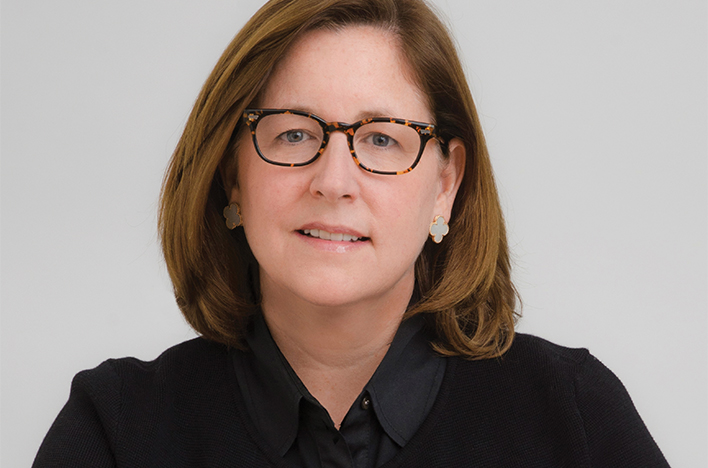When it comes to fostering social change, the ambition of marketing firm Global Prairie is borderless.
The KC-based company refers to itself as one-third creative agency, one-third data analytics firm and one-third consulting company. Global Prairie provides consulting services to companies working in quality-of-life sectors including health, agriculture, food, sports, the environment, energy and higher education.
Through its purpose-oriented business model, Global Prairie has donated $11 million in pro bono time, volunteer services and cash donations to civic and charitable organizations since it launched in March 2008. Global Prairie embodies its name through its nine locations across the world, including Brussels and Berlin.
Thinking Bigger sat down with Global Prairie founder, Anne St. Peter, to discuss the company’s international vision, its commitment to social purpose and the rise of the Benefit Corporation (B-Corp) movement.
TB: Tell me how Global Prairie’s story started.
ASP: Eleven years ago, my co-founder Doug Bell and I saw white space in the professional services sector given the movement toward conscious capitalism we saw unfolding in the world of business.
Global Prairie is the first global marketing firm that is employee-owned, a legally registered public benefit corporation, and a certified B-Corp, which underscores that our company puts purpose on a level playing field with profit. Global Prairie has a greater social mission than just making a profit—our intention is to cultivate a healthier world.
When we started researching whether or not there were global marketing consulting firms oriented around employee-ownership, public benefit and B-Corp models, we realized there weren’t. And we wanted to be the first. Since our launch in 2008, we’ve seen double-digit growth every year.
TB: Can you expand on what a B-Corp does?
ASP: Certified B-Corporations are businesses that meet the highest standards of verified social and environmental performance, public transparency and legal accountability to balance profit and purpose.
As a legally certified B-Corp, we have to subscribe to certain tenets that are considered atypical in the business world. We pay for best-in-class health care benefits and top-of-the-range salaries; we have fully paid parental leave plans and we have nurseries in all our offices and infant-at-work programs that allow our new moms and dads to bring infants into our workplace until the babies are six months of age.
As a company that consults with our clients on aspects related to environmental sustainability, it is important to us that we live up to these standards as well. We prioritize LEED certified spaces for our offices and we actively work with our property managers to monitor and manage our energy, water and waste levels in each of our nine offices around the globe.
We also give our employees a portion of their time at work to invest in community causes and nonprofits. Every year, each of our team members gets almost three full weeks of time (117 hours total) during the workday to invest in causes that they’re passionate about.
TB: How does the B-Corp model pair with the growing conscious capitalism movement?
ASP: B-Corps fundamentally believe that business should be a force for good in the world. Global Prairie uses our profits as a means to a greater end — to create positive impact for our employees, for our Kansas City community (and the eight other regions worldwide where we have offices) and for the environment.
We’re proud to be among the top 10 percent of B-Corps globally, and for that ranking we recently won the B the Change Best for the World Award, which honors the leading Benefit Corporations around the world. The award signifies that we are among the top businesses in the world for how we treat our employees.
TB: Lastly, what do you foresee for the future of B-Corps, either in Kansas City or worldwide?
ASP: Whether you look west to California or east to New York, there are a ton of B-Corps. What’s interesting is that the B-Corp movement has gotten very little traction and attention in the Midwest. While we are enormously proud that we were a decade ahead of the trend here in the Midwest, we believe it’s going to explode quickly in the coming decade.


